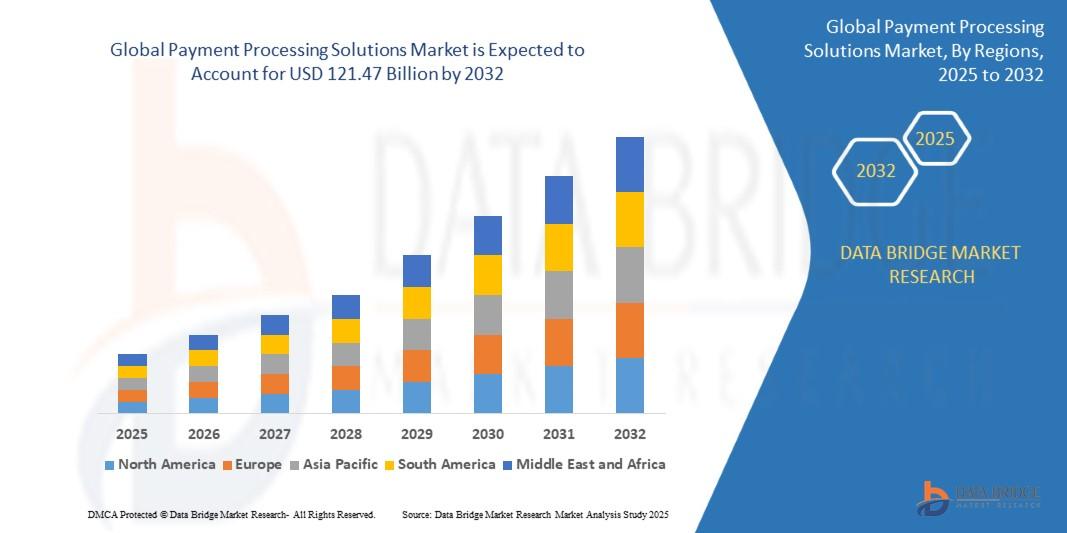Global Property Management Market Trends and Strategic Developments

Delving beyond surface-level trends reveals a set of profound underlying shifts that offer deep insights into the property management market's core evolution. One of the most critical Property Management Market Insights is the fundamental transition from an "asset-centric" to a "tenant-centric" business model. Historically, the industry's primary focus was on the physical building—its maintenance, financial performance, and operational upkeep. While these elements remain crucial, the new paradigm places the tenant, or end-user, at the absolute center of the value proposition. In today's competitive rental market, tenant experience (TX) has become a key differentiator that directly impacts an asset's financial success. A positive experience, facilitated by seamless digital communication, responsive service, and a sense of community, leads to higher tenant satisfaction, which in turn results in higher retention rates, lower turnover costs, and reduced vacancy loss. This insight is reshaping investment in technology, with a surge in platforms focused on resident engagement, mobile communication, and amenity management. It also means that the skills required of property managers are evolving, with a greater emphasis on "soft skills" like communication, hospitality, and community building, alongside traditional operational and financial acumen. This pivot to a customer-service-oriented model is not just a trend but a permanent structural change in the industry's DNA.
Another crucial insight is the convergence of property management with adjacent industries, particularly financial technology (FinTech) and insurance technology (InsurTech). This blurring of traditional industry lines is creating a more integrated and efficient ecosystem for property owners and tenants alike. For example, modern property management platforms are increasingly embedding FinTech solutions directly into their software. This includes offering flexible rent payment options, facilitating security deposit alternatives, and providing automated rent reporting to credit bureaus to help tenants build their credit history. These financial services create new revenue streams for property managers and offer significant value-adds for residents. Similarly, the integration of InsurTech simplifies the process of ensuring tenants have the required renters' insurance, often allowing them to purchase a policy directly through the resident portal during the leasing process. For owners, this integration streamlines risk management and ensures compliance with lease requirements. This insight reveals that the future of property management software is not just about managing the property itself but about serving as a central platform or "operating system" for the entire rental lifecycle, encompassing financial, insurance, and other ancillary services.
A third powerful insight revolves around the democratization of data and its role in leveling the playing field. In the past, sophisticated market data and portfolio analytics were the exclusive domain of large institutional investors with significant resources. However, the rise of cloud-based software and data aggregation services is making powerful analytical tools accessible to property managers and owners of all sizes. Modern property management platforms now come equipped with built-in business intelligence dashboards that provide real-time visibility into key performance indicators (KPIs) like occupancy rates, rent collection trends, and maintenance expenses. They can benchmark a property's performance against anonymized data from the local market, helping owners understand their competitive positioning. This insight is significant because it empowers smaller investors and independent managers to make the same kind of data-driven decisions that were once reserved for the industry's largest players. This democratization of intelligence fosters a more competitive and efficient market, where success is determined less by size and more by the ability to effectively interpret and act upon data. It signals a future where strategic asset management is not an elite practice but a standard operational expectation across the entire industry.






